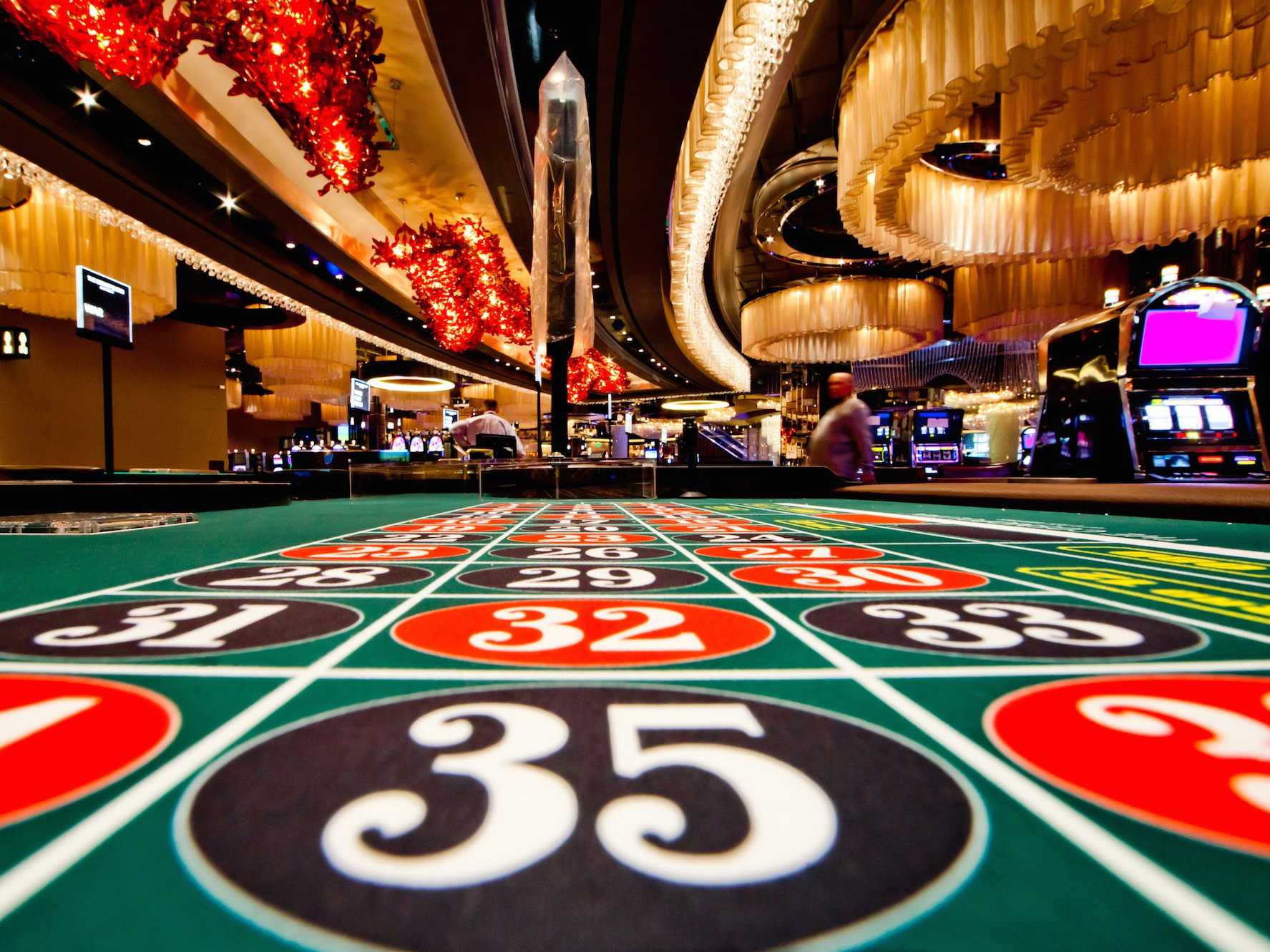
Casino activities have long been linked with the thrill of risk and the excitement of luck. Many people arrive at a casino with the expectation that their success hinges solely on random fortune. However, a further examination reveals that these games encompass much more than just the aspect of luck. Understanding the framework, tactics, and human mindset behind casino games can greatly enhance the enjoyment and improve one’s chances of winning.
Beyond the captivating sounds of rotating slots and rolling dice, casino games involve a rich tapestry of expertise, tactics, and choices. Whether you are participating in blackjack, poker, or even baccarat, knowing the methods can significantly influence the outcome of the game. Moreover, the psychology of the players and understanding the chances behind each game can shift the scales of success away from mere chance. By recognizing these dimensions, players can appreciate casino games as a mixture of entertainment and cognitive challenge, transforming their viewpoint from one of passivity to one of active engagement.
The fascinating Psychological Aspects of Gambling
Grasping the psychology behind gambling shows that player conduct is driven by much more than mere chance. The thrill of risk, immediate reward, and the potential for winning large sums can create a powerful emotional experience. Many players find themselves captivated by the excitement, which can lead to a cycle of heightened betting and gambling, often fueled by a hopeful hopefulness that colors their views of winning probabilities.
An additional crucial element of the psychology of casino games is an illusion of control. Many gamblers feel that their choices, such as the selection of games or betting patterns, can significantly affect the outcome. This belief can enhance their engagement and enjoyment, but it also contributes to persistent gambling behavior, as players often ignore the role of randomness within the games. The excitement derived from making choices gives players a feeling of involvement, which can be misleading in terms of grasping the true odds involved.
Additionally, the environment of the casino plays a crucial role in influencing a gambler’s experience. Factors like lighting, sounds, and the presence of fellow gamblers create a stimulating atmosphere that reinforces the thrill of the game. This carefully designed environment can lead individuals to lose track of time and money spent, as they become enveloped in a sensory experience that heightens their affective investment. Recognizing these psychological dynamics is essential for comprehending why casino games entice players and continue to them coming back for more.
Skill vs. Luck in Gambling Games
In the field of gambling games, the debate between skill and luck is a significant one. Numerous players think that luck is the predominant factor, especially in games like slots where results are arbitrary. However, there are activities that clearly demonstrate the importance of skill, such as Texas Hold’em and blackjack, where players can utilize strategies and choices that affect their overall performance. Understanding the mechanics and nuances of each game can greatly impact a player’s outcome and success.
The importance of skill becomes clear when examining the various tactics accessible to players. In games like poker, for example, players must analyze their rivals, calculate probabilities, and make informed decisions based on their hand and the community cards. This depth of strategy showcases how proficient players can consistently outperform novices, proving that winning is not solely based on luck but rather on the use of knowledge and experience. Similarly, in blackjack, players can use techniques like counting cards to gain an edge over the house, further illustrating the importance of expertise.
On the flip side, luck cannot be entirely ignored in any gambling game. While expertise can enhance a player’s chances of success, unpredictable outcomes still play a significant role. Even the most effective strategies can falter due to the arbitrary character of draws or spins. This interaction between skill and luck creates a dynamic gaming environment where players must adjust and react to unpredictable events while also leveraging their skills. Ultimately, effective casino gaming is a mix of both elements, contributing to the complexity and thrill of the experience.
Tactics for Success
To succeed in gambling, players must understand the significance of crafting a system tailored to the distinct title they are engaging with. Each title has its unique set of rules, probabilities, and details that demand a considerate method. For example, in titles like poker, players can use techniques such as card counting to make better decisions and improve their chances of success. Comprehending the odds and rewards associated with every title can allow players to make smarter choices and elevate their general gaming experience.
Bankroll management is an additional crucial strategy that cannot be overlooked. Players should set a budget for their gaming sessions and stick to it. This ensures that they do not exceed and helps keep a sense of discipline over their gambling habits. https://ga179.xyz/ Choosing in advance the amount to wager and the right moment to leave can avoid emotional decisions that can result in big losses. Smart bankroll management enables players to enjoy casino games without the concern of overextending financially.
Finally, gaining insights from play and noticing other players can provide beneficial perspectives. Many successful players invest time evaluating not only their self-play but also that of others. This analysis can expose different strategies and approaches, ultimately resulting in better choices. Conducting self-reflection after gaming sessions helps players recognize what worked and what failed, permitting them to adjust their strategies over time. By combining insight, discipline, and awareness, players can boost their probability of success in gambling.